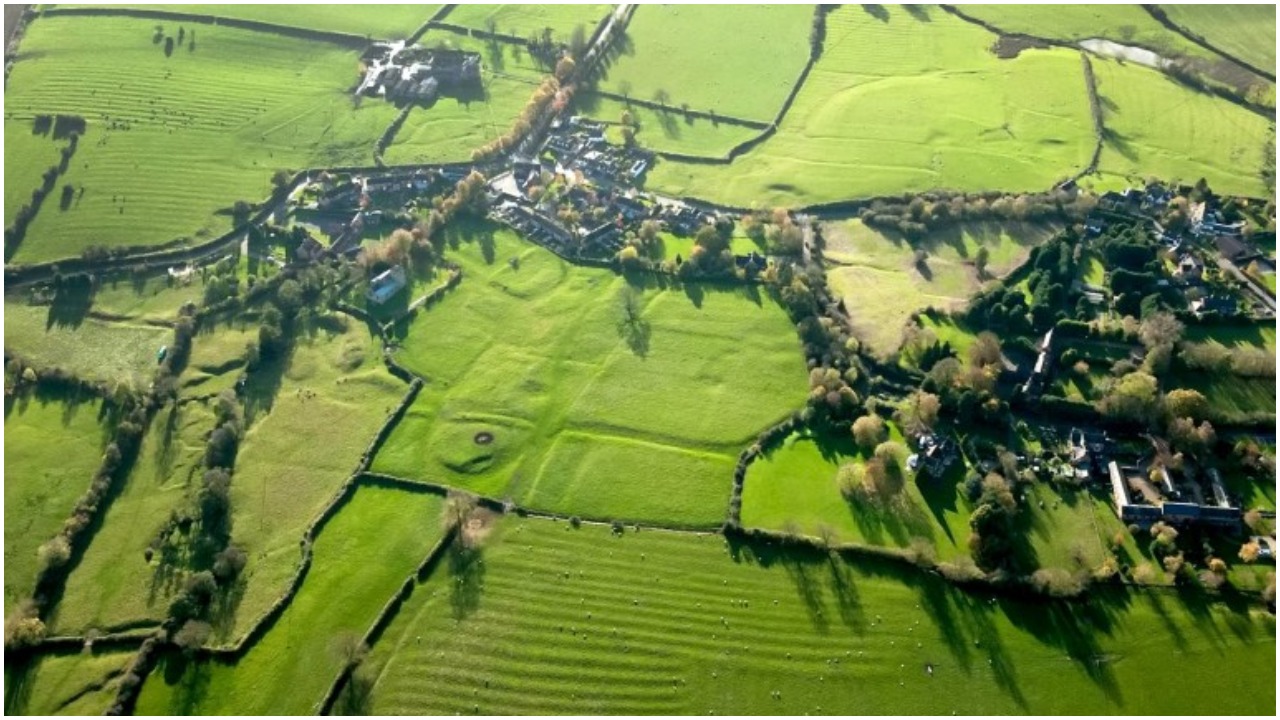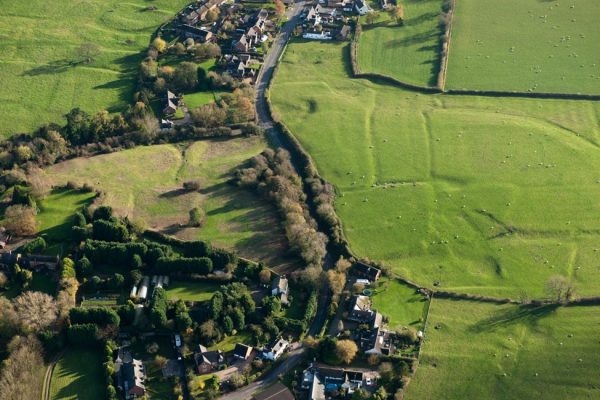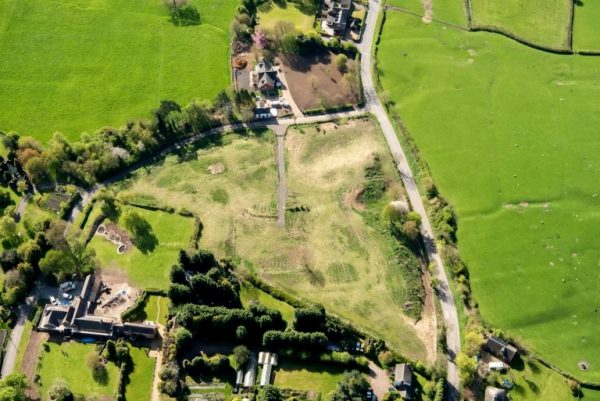Family Have a Huge Fine For Outrageous Damage to a Medieval Village

Withybrook is a deserted medieval village in Warwickshire. Owners of centuries-old properties and homes have a responsibility — some would say a duty — to preserve the essence and appearance of these cherished places, to ensure they remain true to their historically significant roots.
But there are those people who, no matter how frequently they are cautioned against making radical, inappropriate changes, forge ahead anyway and do whatever they see fit.
This often ruins, or at the very least dramatically alters, the importance for which the property is recognized, turning it into just another modern dwelling on an indistinct bit of land.

There are a notable number of these distinct properties in the U.K., because the country is itself so ancient. Castles dot the landscape in the countryside, and even London has many prized historic buildings that are valued for their history and importance to the cultural evolution of Britain.
So when a family in Warwickshire began, in 2015, tearing up an archaeologically significant portion of their land, locals (and government) became apoplectic and brought the family up on charges of contravening the Ancient Monuments and Archaeological Areas Act of 1979.
That measure was adopted to ensure that people living on historically important properties do not just go ahead with changes without consulting the governing body, called Historic England.
The family of three, John Mac, his wife Heather and even daughter Elizabeth are facing more than 160,000 pounds in fines and court costs, as well as a prison term of more than a year, for flouting the regulations set down by Historic England, which insists that the family knew of the restrictions when they bought the property.
At issue is the future of Withybrook, as it is known, a deserted medieval village in Warwickshire that rests on the land. The village was built in the 12th century, and the family’s changes, in an effort to build a horse yard, have caused significant damage.
Lawyer Andrew Wiseman, who works for Historic England, told the court that, “the unauthorized works to the site of the deserted medieval village of Withybrook have caused irrevocable harm.

Archaeological features have been disturbed, damaged and destroyed without (official) consent.”
That work included razing bushes and shrubs, digging troughs and putting in a water pipe, laying a track and installing gate posts. The four-metres wide track, in particular, destroyed what was one of the few remaining aspects of the site, the earthworks.
Despite many warnings from locals and authorities, the family just kept on with the changes, and when asked, refused to let officials onto the site to assess the damage. Finally, nearby residents were so frustrated that officials called in Historic England to help.
Wiseman told the Telegraph that he was encouraged by the court’s response, saying it made clear just how seriously these violations are taken. “Wilful damage like this deprives current and future generations of important evidence and knowledge about our past.”
But the damage is done, and the Mac family — at least not publicly, on the record — has made no statement of regret or remorse. That, in addition to all the changes, has authorities scratching their heads in frustration and anger.
But two inspectors on the case, Dr. Neil Rimmington and Nick Carter, who work in the Ancient Monuments department of Historic England’s Midlands region, are relieved by the court’s response.
They issued a statement saying, “This is an important judgement, and its severity reflects no just the damage caused to the protected monument, but also the absence of engagement with our investigation and lack of remorse or willingness to make reparation.”
Expressions of remorse would be welcome, no doubt, but many say the damages to the medieval ruins are beyond repair.
It’s difficult to understand why the Mac family purchased the property knowing they would not be allowed to alter it. Fighting these matters out in a courtroom seems to benefit no one, but — for the moment at least — the family who caused the uproar isn’t talking or making statements in their own defence.
Summary of Sentences:
Ms Elizabeth Mac: Fine of £30,000; costs of £19,000; victim surcharge £120
Ms Heather Mac: Fine of £30,000; costs of £19,000; victim surcharge £120
Mr John Mac: Fine of £30,000; costs of £32,000; victim surcharge £120
Sum Totals:
Fines: £90,000
Costs: £70,000
Surcharges: £360
Incredible Medieval Supertanker Considered the Best Example of its Kind in the World
They must pay the fine by September or risk going to prison — all for the sake of changing a hugely important archaeological site.
